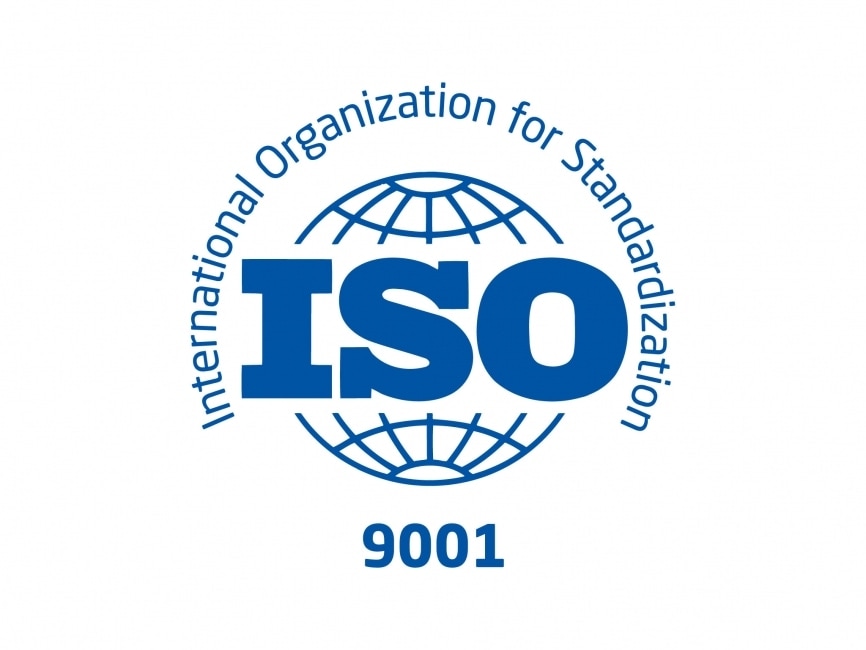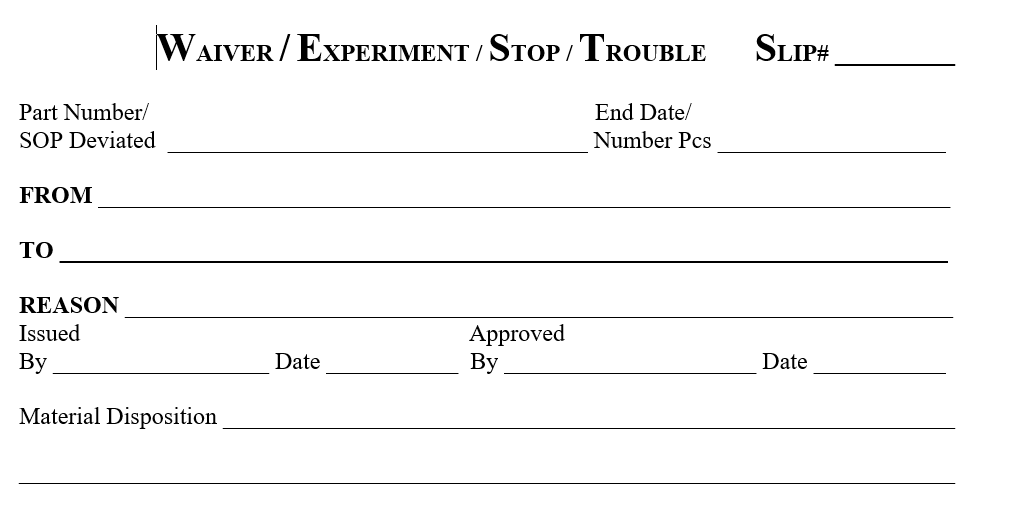Using the waiver concept to improve the effectiveness of your Quality Management System
 ISO9001 is a common quality management system (QMS) standard published by the International Organization for Standardization (ISO). While it is named a quality management system standard, it is really a manufacturing management system that can help businesses control their entire workflow. From quoting to sales, production, finishing, inspection and testing, and final delivery, ISO9001 provides structure to ensure consistency in each step of the product realization process.
ISO9001 is a common quality management system (QMS) standard published by the International Organization for Standardization (ISO). While it is named a quality management system standard, it is really a manufacturing management system that can help businesses control their entire workflow. From quoting to sales, production, finishing, inspection and testing, and final delivery, ISO9001 provides structure to ensure consistency in each step of the product realization process.
Fundamental to ISO9001 is the use of well defined manufacturing work instructions to control the process of how product, such as metal castings, are manufactured. It is this standardization of process and process control that ensures repeatability in the manufacturing process, paving the way to continuous improvement and 100% compliance with customer specification.
The entire ISO9001 system is governed by the use of these controlled work instructions. However, anyone who has ever worked in a foundry knows that the best laid plans often times fail when faced with the realities of the day. Machines break down, consumables may be out of stock, or dozens of other things can affect the ability of employees to follow their written work instructions 100% of the time. When faced with the conflict between a written work instruction which can not be followed (or should not be followed) and the need to manufacture product, employees will often times ignore their written work instructions and figure out a way to continue making product to meet the production schedule.
This leads to inconsistency in the manufacturing process and often times leads to nonconforming product being shipped to the customer. What is needed is a formal methodology that permits front line supervisors and higher levels of management to instruct employees to deviate from their controlled work instructions. It also needs a way to track product that is manufactured under a waiver (outside of normal production procedures), and subject it to inspection/testing to ensure the product meets specification, prior to placing that product back into the normal production workflow.
 The solutions is something called a PROCESS WAIVER. Read our article "Using the Waiver Concept to Improve the Effectiveness of Your Quality Management System" for an in-depth review of the process waiver and how it can add the flexability your foundry needs to manufacture products even when your written work instructions are out-dated or impossible to follow.
The solutions is something called a PROCESS WAIVER. Read our article "Using the Waiver Concept to Improve the Effectiveness of Your Quality Management System" for an in-depth review of the process waiver and how it can add the flexability your foundry needs to manufacture products even when your written work instructions are out-dated or impossible to follow.
Note: Process waivers are NOT a requirement of ISO9001. However, it is highly likely that if your foundry operates an ISO9001 QMS and you do not have a process waiver system in place, your employees do in fact violate their written work instructions occasionally but fail to tell anyone (especially their supervisor). This leads to increased customer rejection rates and increased operational costs in terms of late deliveries and required rework. Contact NFFS if you would like assistance in implementing a process waiver system into your own quality management system.
